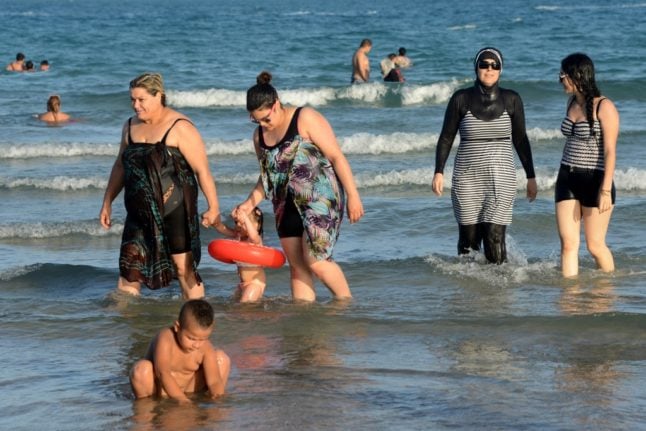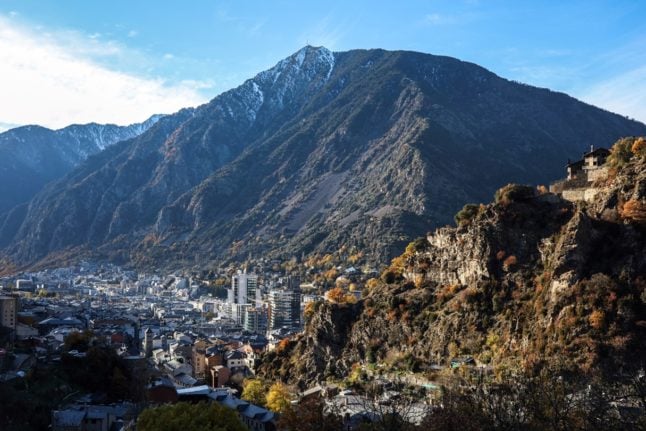Three days after the southeastern city of Grenoble voted to allow swimmers to wear the full-cover swimsuit, the mayor of Fréjus – a member of Marine Le Pen’s far right Rassemblement National party – announced that he had decided to outlaw it.
“I learned with amazement of the authorisation given by the mayor of Grenoble to authorise the burkini in the swimming pools of its commune,” David Rachline wrote in a press release.
READ ALSO OPINION: If France is to belong in a multicultural world it must accept its Muslim women
In fact, Grenoble updated its rules for municipal swimming pools to allow all bathers to wear any swimsuit – including burkinis – that protected them from the sun. It also permits women to swim topless if they wish and men to wear swim shorts instead of Speedos.
No-one seems to have had an issue with the swim shorts or the topless rule, but the addition of the ‘burkini’ to the list of accepted swimwear caused a major stir, with many lining up to condemn the move – including France’s Interior Minister Gérald Darmanin, who ordered the local Préfet to review the decision, and later announced that he had asked for a legal challenge to the new regulations.
READ ALSO French government aims to block ‘burkinis’ in swimming pools
Rachline has pre-empted any decision from the government by acting unilaterally, trotting out the familiar refrain from the right that the decision in Grenoble goes against the “fundamental republican principle of secularism”.
“The express authorisation of the burkini is neither more nor less than an electoral provocation with a communitarian spring, implemented by the radical left,” he said.
“I see a culpable complacency with radical Islamism, for electoral purposes and in defiance of national cohesion.
“In order for things to be clearly stated, I have decided, as mayor of Fréjus, guarantor of public hygiene and safety, to modify the corresponding decrees to explicitly specify the ban on the burkini.”
His ban extends to both the town’s municipal swimming pools and its beaches, and he’s not the first southern mayor to attempt to ban burkinis on beaches.
In 2016, Cannes mayor David Lisnard issued an anti-burkini order on the beaches of his town.
The decision, which had also been taken in municipalities such as Villeneuve-Loubet (Alpes-Maritimes), was overturned after an opinion from the Conseil d’Etat, one of France’s highest legal authorities.



 Please whitelist us to continue reading.
Please whitelist us to continue reading.
Member comments